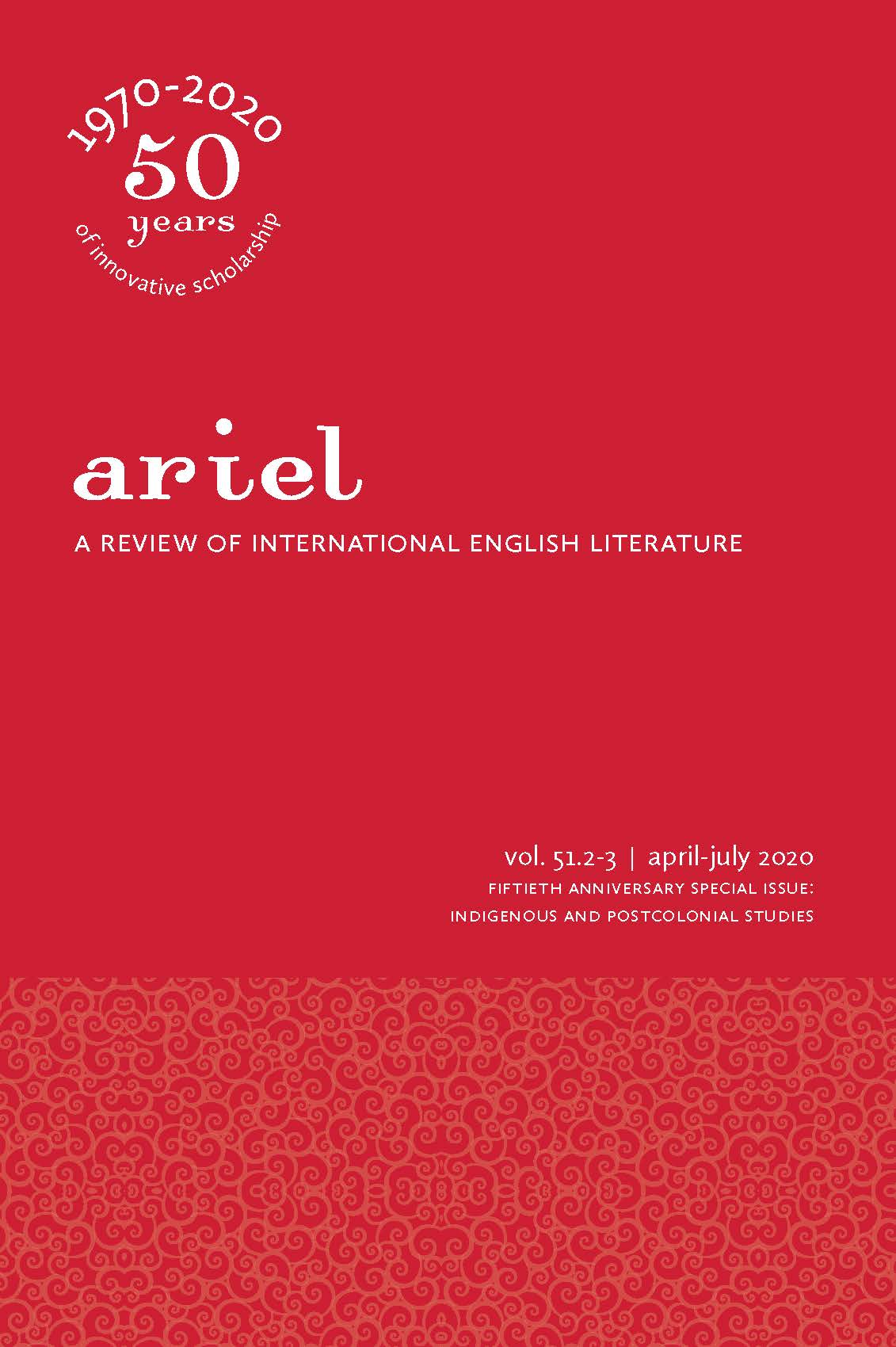“With your foodbasket and my foodbasket, the visitors will be well”: Combining postcolonial and indigenous theory in approaching Māori literature
Keywords:
Kaupapa Māori, postcolonial theory, Indigenous literature, visitor, methodologyAbstract
While postcolonial theory enjoys sustained popularity in literary studies, several Indigenous scholars remain skeptical towards this framework. Yet counterproposals of using alternative approaches such as Kaupapa Māori are also linked to some difficulties, especially for Western scholars looking at Indigenous literary output. As will be shown in this article, drawbacks on both sides have to be acknowledged, although this does not mean that either framework should be neglected. Instead it will be argued that both provide valuable lenses and it is precisely their tensions that generate possibilities of cross-fertilization. By applying Indigenous theories to and pitting them against postcolonial studies, a new critical perspective can emerge that allows the reader/researcher to move beyond binary schemata while at the same time valuing the particularity of the respective Indigenous context. Drawing on the specific case of Aotearoa (New Zealand), this paper will demonstrate how positioning oneself as a manuhiri (visitor) to Māori literature enables a foreign researcher to adopt an ethically sustainable, culturally viable and credible position. The essay thus opens up new possibilities for future literary analysis in Indigenous contexts and particularly in relation to creative works from Aotearoa.


